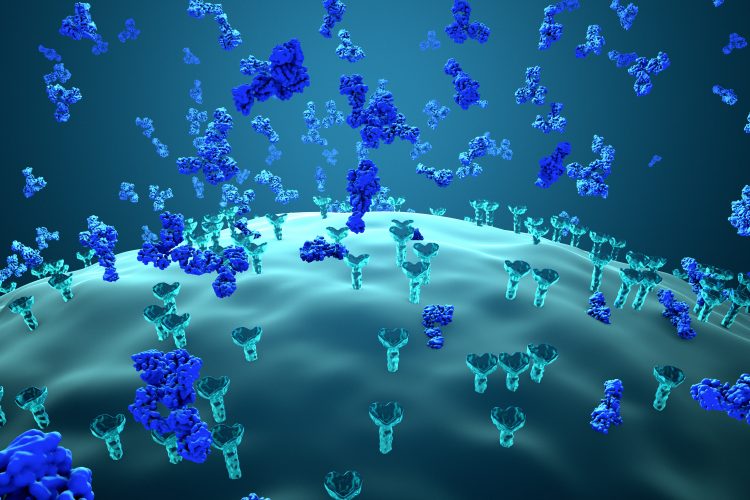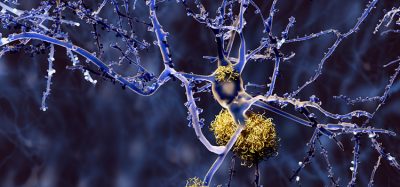Supercharging conventional monoclonal antibodies
Posted: 29 July 2024 | Dennis Pedersen (Commit Biologics), Drug Target Review, Krishna Polu (Commit Biologics) | No comments yet
In this Q&A, Krishna Polu and Dennis Pedersen, senior leaders of Commit Biologics, which is backed by Novo Holdings and Bioqube Ventures, elucidate how their technology differs from other existing therapeutic platforms and highlight its implications for the treatment of both cancer and autoimmune disease.


In what ways does Commit’s technology differ from other existing therapeutic platforms in terms of its mechanism of action for treating cancer and autoimmune diseases?
Commit’s BiCE technology is different from existing therapeutic platforms in the way it activates and utilises a part of the body’s own immune system, the complement system, to eliminate malignant cells and immune cells. The complement system represents an efficient immune mechanism for clearing pathogens, maintaining homeostasis and for stimulating an adaptive immune response. However, complement is inherently difficult to activate and is currently underexploited as a mechanism for killing cells in the context of the treatment of both cancer and autoimmune disease.
What are the specific improvements seen in the second-generation BiCE™ molecules that contribute to their superior efficacy in complement-mediated cell killing?
While our first-generation BiCE is based on bi-specific single domain antibodies (or VHHs) and harnesses the power of the complement system alone, our second-generation BiCE is based on the IgG format and so combines the complement activation machinery of the BiCE technology with the effector functions of a conventional antibody (ADCC and ADCP). In addition to that, our second-generation BiCE™ molecules take advantage of certain benefits of conventional IgGs including an improved half-life and associated pharmacokinetic profile, and lower manufacturability risks. The possibility to take already validated antibodies and add potent complement activation means a shorter time to drug candidate selection, and a shorter time to get these molecules into the clinic, which in the end will benefit patients.
Can you explain the mechanism by which Commit’s BiCE™ platform uses bispecific single domain antibodies to activate the complement system?
Commit’s BiCE platform utilises single domain antibodies to recruit complement protein C1q to the cell surface in the correct orientation to achieve potent activation of the classical pathway of the complement system. In this way, BiCE molecules can direct the complement system in a highly targeted way against cells of interest, leading to potent activation of the complement system and cell killing.
What role does the complement protein C1q play in the BiCE™ platform, and how does it contribute to potent complement activation?
Similar to T-cell engagers relying on T cell fitness for efficacy, our BiCE molecules are dependent on the presence of endogenous C1q which is abundantly present in blood and tissues. C1q is effectively recruited by the BiCE molecule in the correct orientation, leading to potent complement activation on the cell surface, resulting in cell killing.
What are the potential implications of developing Commit’s BiCE™ platform into best-in-class therapeutics for patients with cancer and autoimmune diseases?
The BiCE technology is broadly applicable and can supercharge conventional monoclonal antibodies with the power of the complement system. Hence, the BiCE platform can generate best-in-class therapeutics with a differentiated and unique mechanism of action, which can improve the treatment of a variety of cancers and autoimmune diseases.
About the authors
Krishna Polu, MD – Chief Executive Officer of Commit Biologics


He received his BA in human biology from Stanford University and an MD from the University of Texas Health Science Center, San Antonio. He completed his residency in internal medicine at the University of Colorado followed by a fellowship in nephrology at Harvard Medical School at the Brigham and Women’s Hospital and Massachusetts General Hospital.
Dennis Pedersen, PhD – Chief Operations Officer & co-founder


Related topics
Antibodies, Oncology, Technology, Therapeutics
Related conditions
autoimmune disease, Cancer
Related organisations
Commit Biologics








